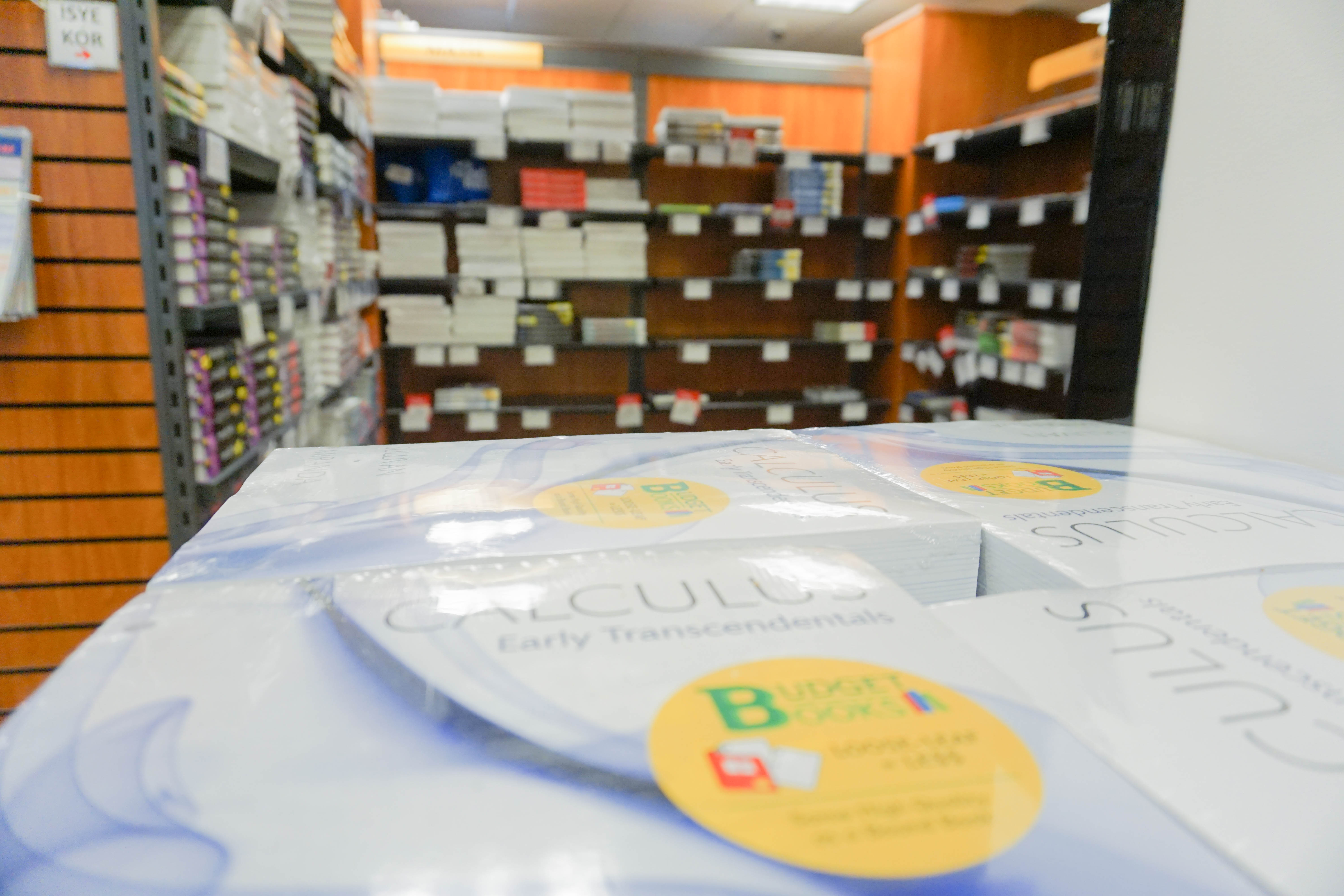Kennesaw State introduced a new way of sorting classes by cost in the fall 2018 semester with the introduction of a new initiative by the Chancellor’s Office of Georgia.
The initiative, proposed in the spring of 2018, requires Georgia universities to allow students to see whether a course is low or no-cost for course materials, excluding supplies and lab fees. Under the initiative, a course will qualify as low cost if materials are $40 or less.
These qualifications will be prominently displayed in Banner, the program used by Georgia universities for course selection. Two codes will correspond to the courses with “ZNCM” for no-cost and “ZLCM” for low-cost.
Following the initial proposal, a committee of KSU staff from Enrollment Services, Academic Affairs, the bookstore and University Information Technology Services began meeting to review the policies and nuances of the initiative. After meeting for a period of several weeks, the committee turned over their findings to a team of UITS staff headed by Kelly Payton, director of Banner development.
Payton’s team was initially met with the challenge of making the integration reasonable for KSU staff and administration. The courses were arranged in a way that forced administrators to sort over 6,000 sections, one at a time.
In response, the team built an interface that was integrated within the Banner system that allows staff to flag and process these sections in large amounts, streamlining the process and drastically reducing the number of man-hours needed to follow the initiative.
Payton also worked to build an in-house system that allows the flagged courses to be displayed as low-cost or no-cost on College Scheduler.
“Many students don’t necessarily look at Banner or OwlExpress first,” Executive Director of Enterprise Systems and Services Rifka Mayani said. “We needed a way to show the courses through the schedules KSU students often make before choosing classes.”
Once the interface was successfully built, a trial period began in the summer of 2018 and ended in fall. During the trial period, a system of spreadsheets was used to keep track of everything, and data from the trial was used to work out small inefficiencies in the system.
In fall, data from the trial showed that students were making use of the systems implemented. When registering for courses, approximately 15,000 of the total 35,000 students had registered using the low-cost or no-cost search criteria.
In September of 2018, Dr. Tristan Denley, executive vice chancellor for academic affairs and chief academic officer, recognized KSU as having followed the initiative exceptionally, its system is being shown to other universities as an example of how to implement the system.



